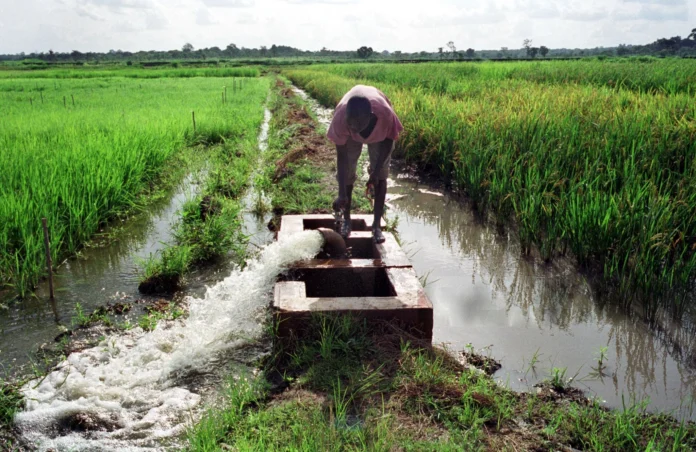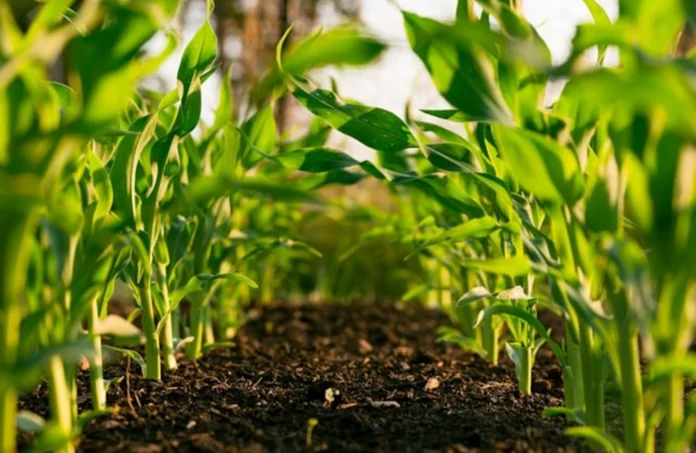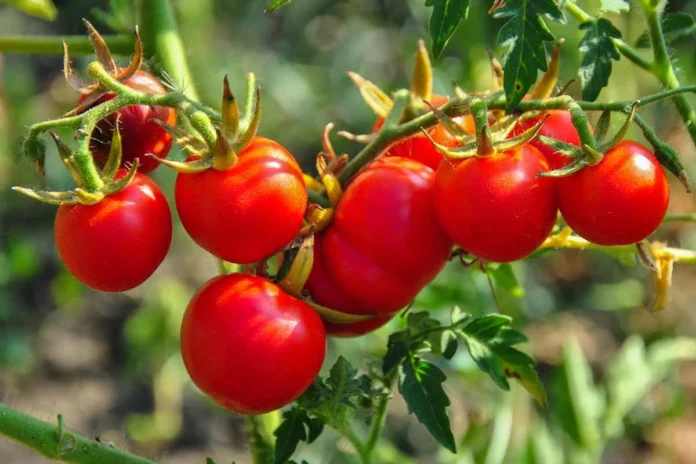Russia Declares Federal Emergency in Rostov Region After Crop Losses
Russia has declared a federal-level emergency in the southern Rostov region after extreme weather devastated crops, officials announced, marking one of the most serious blows to the country’s agricultural sector in recent years.
The decision, confirmed by regional authorities, follows months of severe drought and spring frosts that have destroyed or damaged nearly 1 million hectares of farmland in one of Russia’s most important grain-producing areas.
Rostov, a hub of wheat and sunflower cultivation, had already declared a regional state of emergency in June. That move allowed local farmers to apply for compensation. But officials say the scale of losses has forced Moscow to escalate the situation to the federal level, unlocking broader support mechanisms.
“The emergency was discussed in detail at the highest level — with the President and with the Minister of Agriculture Oksana Lut,” Rostov Governor Yuri Slyusar said in a statement on the Telegram messaging platform.
According to Slyusar, the federal declaration will expand financial relief for farmers struggling under mounting debts. He said limits on subsidized loans have already been raised, while authorities are working on extending repayment deadlines for nearly 300 existing loans that local farms are unable to service.
Agricultural analysts warn the impact on national output will be significant. The Sovecon consultancy noted that for the first time since 2015, Rostov will lose its position as Russia’s leading wheat-producing region, overtaken by neighboring Stavropol.
The setback underscores the growing vulnerability of Russian agriculture to climate extremes, with prolonged droughts and sudden frosts increasingly affecting harvests. Rostov’s struggles are particularly notable given its role in Russia’s grain exports, a sector closely watched by global markets.
Local officials say they are still assessing the full financial toll, but stress that urgent federal assistance is needed to keep farms solvent and safeguard future planting seasons.












